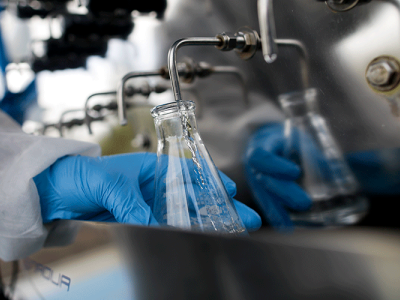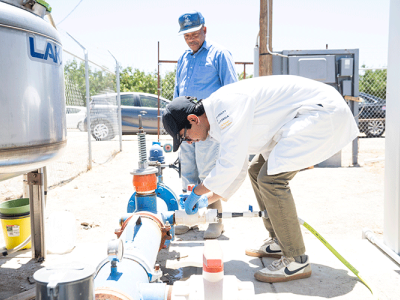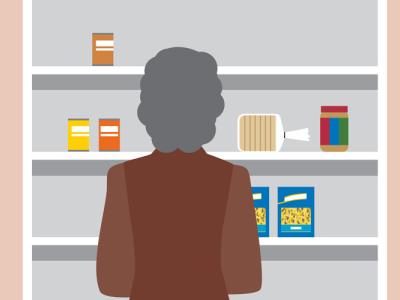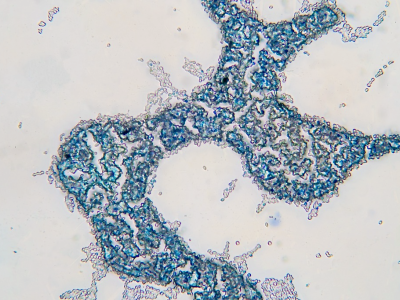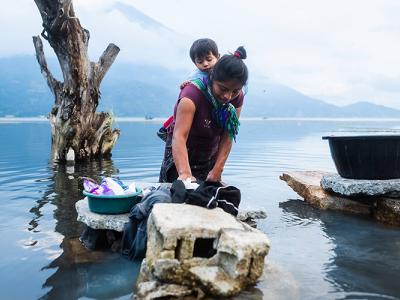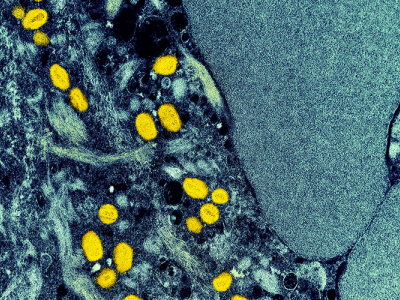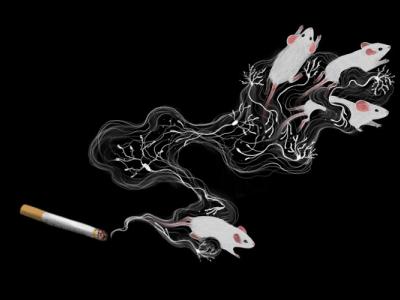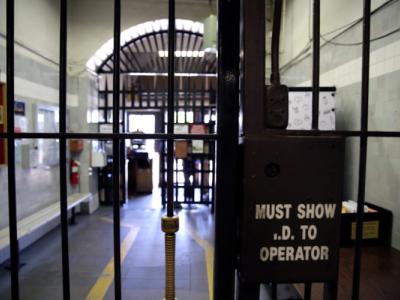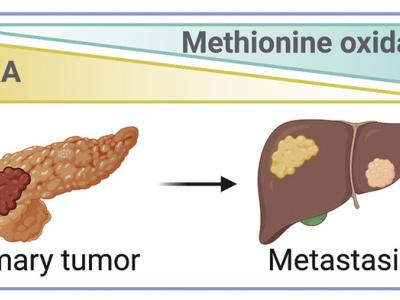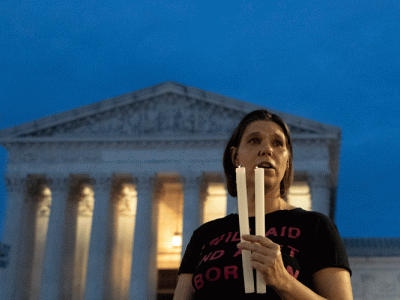Study Finds Potentially Dangerous Levels of Arsenic in Prison Drinking Water
A new study led by researchers at the University of California, Berkeley, and Virginia Tech is one of the first to analyze how incarcerated individuals in California may be impacted by arsenic-contaminated water. The study analyzed 20 years of water quality data from prisons where arsenic levels in the water supply exceeded regulatory limits for months or even years at a time.

